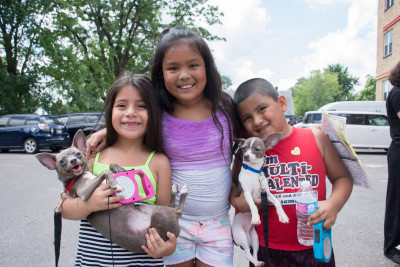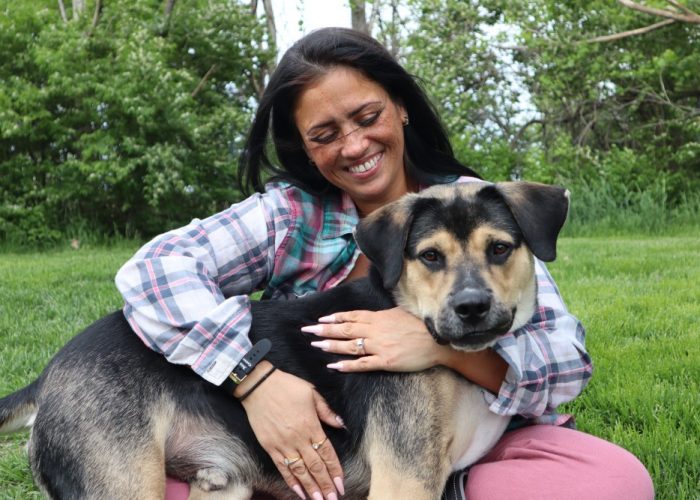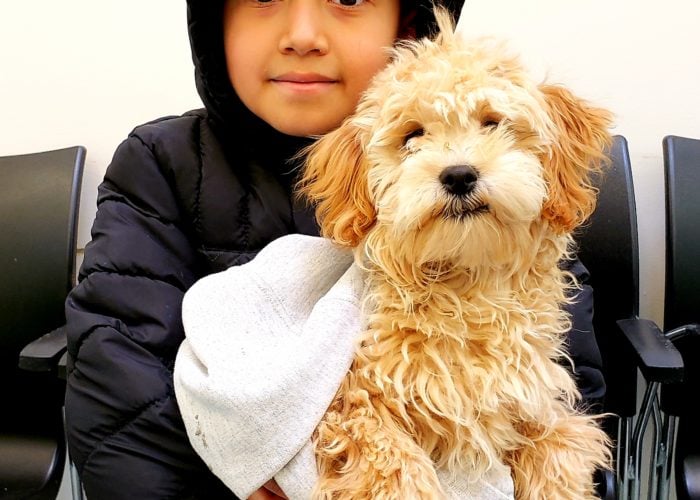When we talk about animal rescue, what do we mean?
 Usually we talk about rescue organizations, those extremely passionate and hardworking people who spend every day (often literally seven days a week) out doing everything they can to help animals find their forever home. Because they’re usually nonprofit organizations, they have a person handling advertising, even if they only advertise through social media. That means they take the stories the rescuers come across and turn them into a narrative that makes sense to their followers and fans. For example:
Usually we talk about rescue organizations, those extremely passionate and hardworking people who spend every day (often literally seven days a week) out doing everything they can to help animals find their forever home. Because they’re usually nonprofit organizations, they have a person handling advertising, even if they only advertise through social media. That means they take the stories the rescuers come across and turn them into a narrative that makes sense to their followers and fans. For example:
“We came across these little kittens while checking up on another situation. After talking with the closest neighbor, she told us that there’s a mama cat, but she hasn’t seen her in a couple of days. She’d been feeding them as best she could, but she’s living off of social security, and couldn’t take them in anyway because she has a dog that tends to be a little aggressive and she didn’t want to endanger the kittens or get her pup riled up. She was happy to see us take the kittens somewhere where they have a chance at a good life! That’s another 5 cats that we’ve saved; that makes 13 this week! Your support means….”
Et cetera. This is a narrative template that we’re all familiar with. Now, let’s look at the main elements of this scenario:
- Kittens
- Neighbor
- Rescuers
The nature of advertising and fundraising means that the rescuers must be the heroes of this scenario; that’s how you get people to understand how important the work is, which gives them more incentive to donate. The kittens, then, are the rescued damsels (and dudes) in distress.
Then what about the neighbor?
In the rush to create a narrative that supports an advertising vision, the neighbor gets kind of lost. And yet, this woman cared enough to notice the kittens, to feed the kittens, to consider taking them in, and then to reconsider when she realized it might put the kittens in danger.
Oh! This is a rescuer!
And yet she gets no real credit.
This is a common thing. I’m guilty of it, too. I write the Facebook posts for PRCKC, and I work hard to create narratives that show the passion and compassion of the outreach team, because I truly believe they’re superhuman. But even though I sometimes fail, I also try to create a narrative that shows that the work that our outreach team does doesn’t happen in a vacuum; it takes people with the impulse to be kind. When we leave them out of the story or treat them as a means to tell our story, we disrespect that impulse to be kind. They’re heroes as much as anybody else. When we disrespect the impulse to be kind, what message are we sending? That there are Chosen Ones, and commoners, and guess who’s who?
Those of us in animal welfare are the part of the effort to create a system that works, that functions well, and that provides a framework for improvement. We are not the rescuers; we are the agents. The elderly woman attempting to care for a group of kittens despite her very limited means (and possibly limited physical abilities), that’s a rescuer. The college students that come in with a dog they found to get him scanned for a microchip, and when they find out he doesn’t have one, decide to adopt the dog themselves; that’s a rescuer. For us, rescuing is a job, no matter how much we love it. For them, rescuing is a choice, a choice to be humane, to have compassion. That’s a choice that we should honor.

